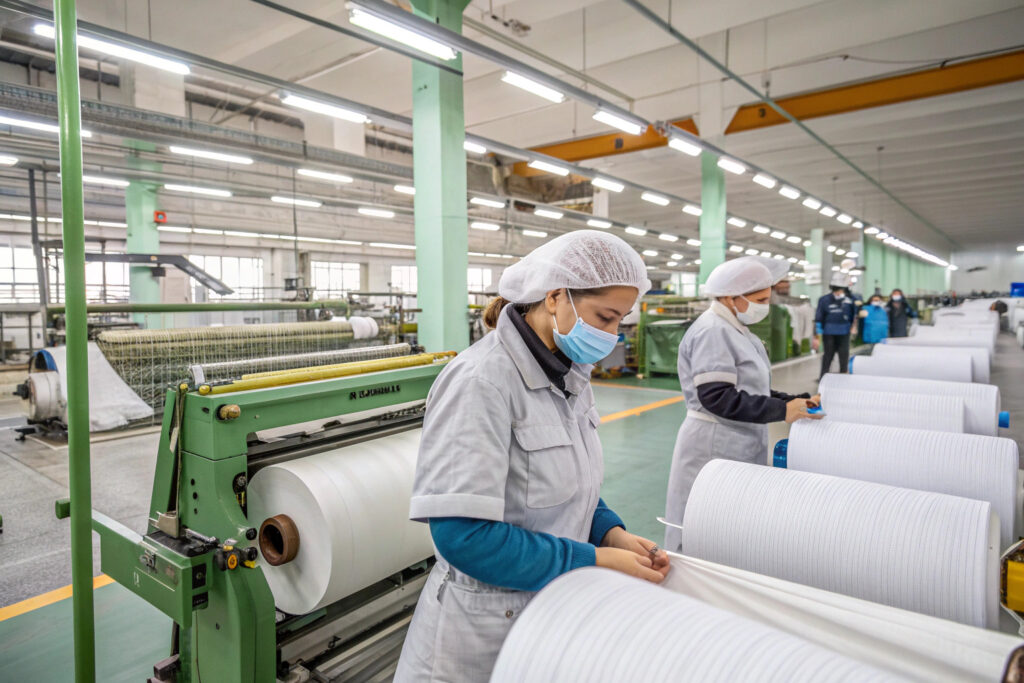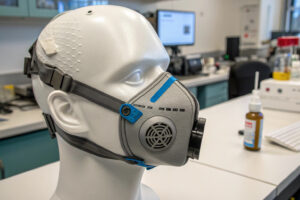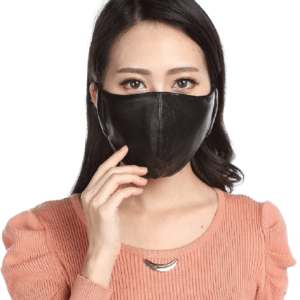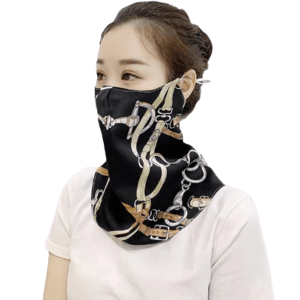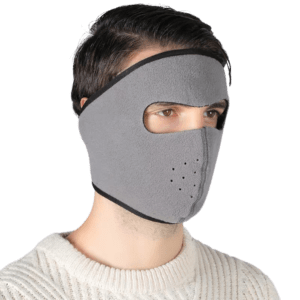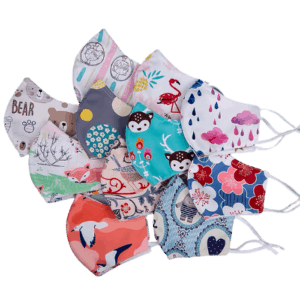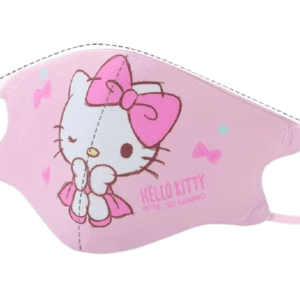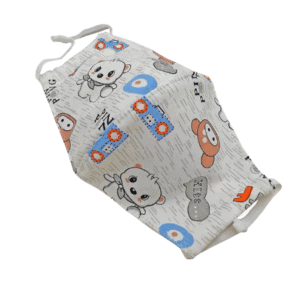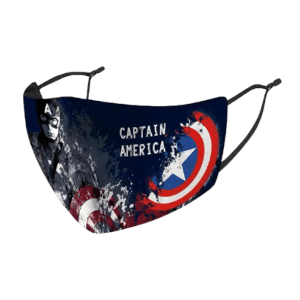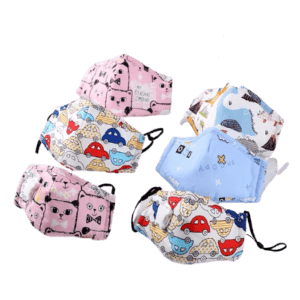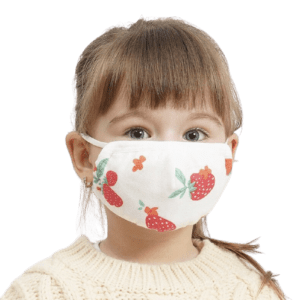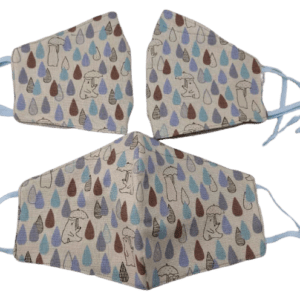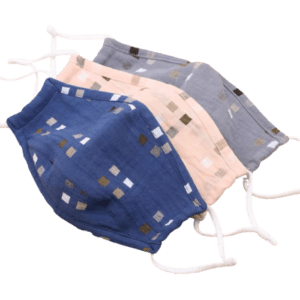In today’s marketplace, buyers expect more than low-cost products. They demand responsibility, innovation, and sustainability across the supply chain. As a fabric mask manufacturer in China, I have seen how integrating the United Nations Sustainable Development Goals (UN SDGs) transforms not only product quality but also buyer trust.
The impact of UN SDGs on fabric mask production is clear—it affects material sourcing, energy use, labor rights, and product safety. Suppliers that align with these goals not only meet compliance requirements but also gain a competitive advantage in markets like the U.S. and Europe where sustainability is a top priority.
This is not a passing trend but a long-term shift that shapes how supply chains operate and how global buyers make decisions.
Why Sustainable Fabric Masks Matter for Global Buyers
Sustainability has become a core purchasing standard. Buyers want masks that are eco-friendly, compliant with regulations, and reliable for long-term partnerships.
Sustainable fabric masks lower environmental impact and strengthen brand reputation. For importers, sourcing from SDG-focused suppliers means access to safe materials, transparent production, and trustworthy logistics.
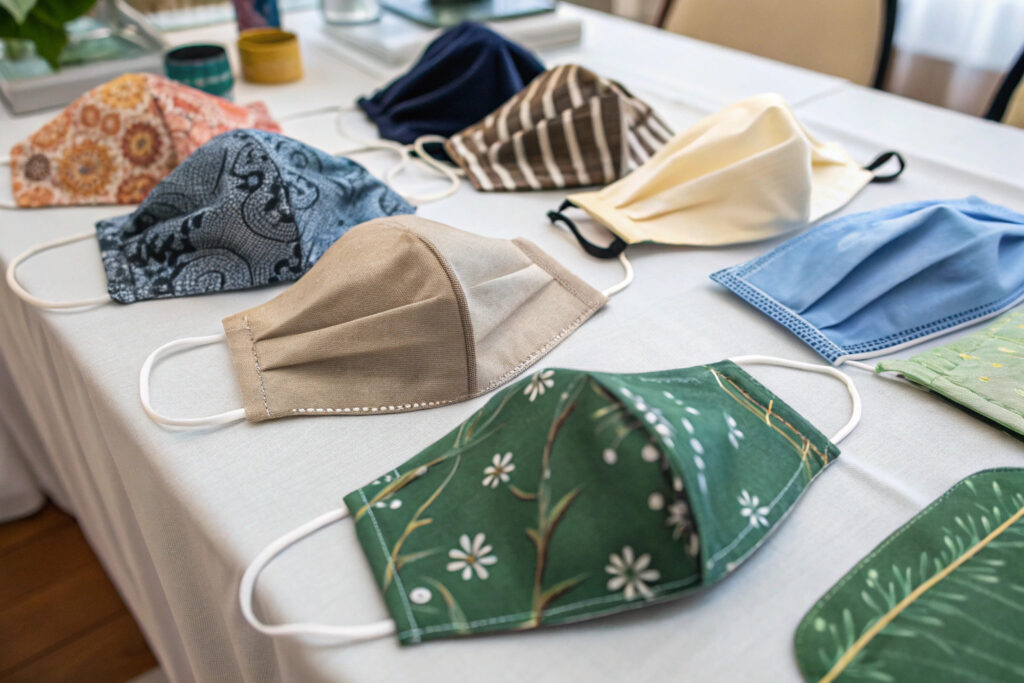
Every stage of mask making—from cotton or polyester sourcing to antimicrobial finishing—benefits from sustainability. Suppliers committed to UN SDGs reduce waste, improve working conditions, and use renewable energy, making their products attractive to eco-conscious brands.
How Does Responsible Sourcing Affect Fabric Quality?
Responsible sourcing improves quality and builds trust. Using GOTS-certified cotton or OEKO-TEX® fabrics ensures masks are skin-safe and tested for harmful substances. These materials meet U.S. and EU requirements and support SDG 12 (Responsible Consumption and Production).
By adopting recycled polyester (rPET) and organic cotton, suppliers create fabrics that are durable, sustainable, and more appealing to eco-conscious markets.
Why Do Buyers Care About Energy Efficiency in Factories?
Energy-efficient factories address SDG 7 (Clean Energy) and SDG 13 (Climate Action). When suppliers adopt solar-powered dyeing plants or water-saving processes, buyers benefit from lower risks of production delays and more stable pricing.
Reduced reliance on fossil fuels also shields buyers from fluctuating costs, making bulk procurement more predictable.
What Role Do UN SDGs Play in Mask Safety and Innovation?
For buyers, safety and performance are non-negotiable. Suppliers who embrace UN SDGs ensure comfort, compliance, and innovation while making their processes ethical.
SDGs drive suppliers to adopt new fabric technologies while maintaining international safety standards. This includes antimicrobial finishes, breathable fabrics, and reduced waste designs.
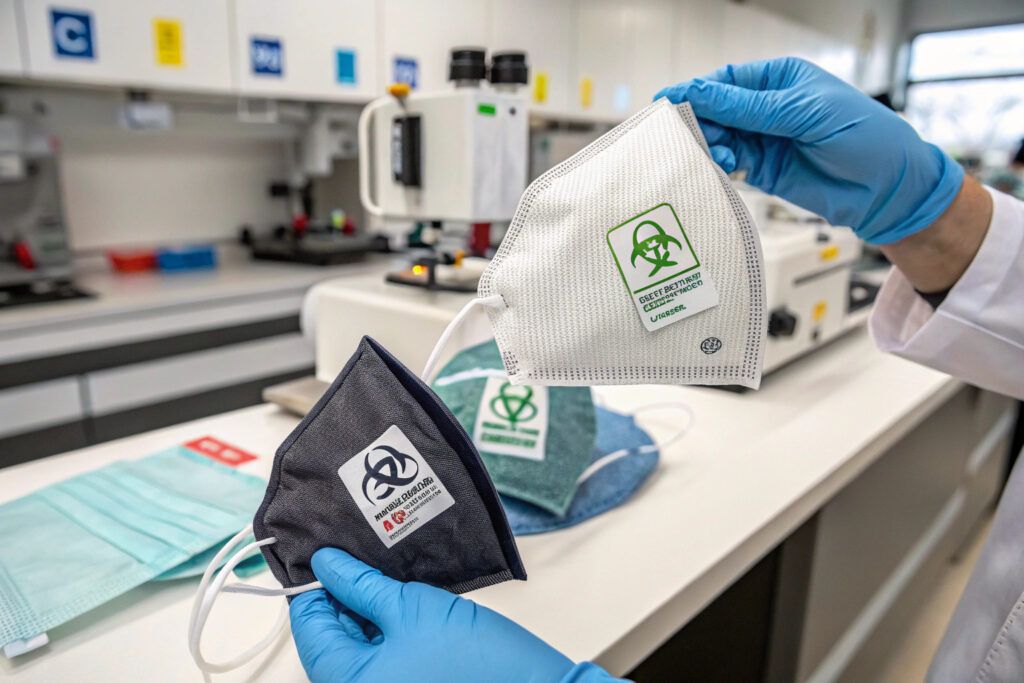
Are Eco-Friendly Masks as Safe as Conventional Ones?
Eco-friendly masks can be just as effective. Suppliers following UN SDGs integrate ISO-certified testing and work with third-party labs to ensure compliance with ASTM F2100 and EN 14683. This makes their products suitable for U.S. and EU markets.
With multi-layer recycled fabrics, buyers can offer sustainable masks without compromising filtration or breathability.
How Do UN SDGs Drive New Fabric Technologies?
Innovation now combines function with sustainability. Recycled fibers are engineered to be softer and more breathable, while bio-based antimicrobial finishes reduce chemical use. This aligns with SDG 9 (Industry, Innovation, Infrastructure).
For buyers, SDG-driven R&D means access to fresh designs, seasonal updates, and competitive features that align with eco-values.
How Do SDGs Strengthen Global Logistics and Partnerships?
Supply chain reliability is as important as product quality. Buyers need assurance that their orders are delivered on time and meet compliance requirements.
UN SDGs encourage transparent, resilient supply chains that reduce risks for international buyers. Suppliers aligned with SDGs adopt digital tracking, ethical labor practices, and efficient logistics.
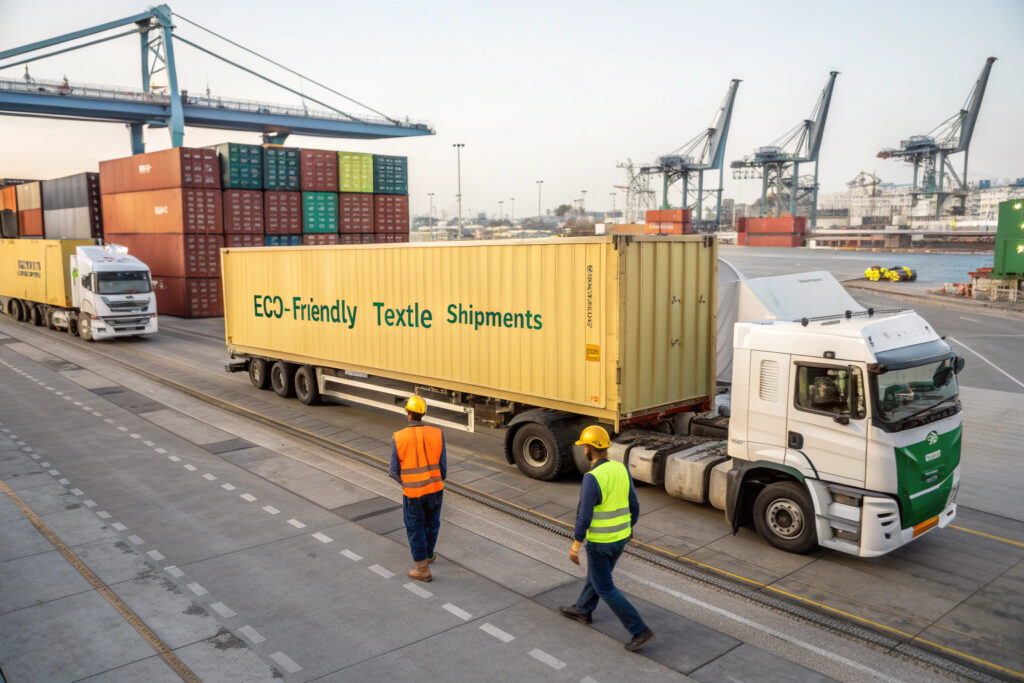
Do Buyers Benefit from Ethical Labor Practices?
Yes. Factories that align with SDGs follow Fair Wear Foundation standards or similar certifications, ensuring fair wages and safe conditions. Buyers avoid reputational risks and strengthen their brand image.
Stable labor conditions also reduce turnover and keep production schedules reliable, which is essential for large mask orders.
How Does Digital Tracking Improve Trust in Orders?
QR-based digital tracking provides real-time data on fabric composition, testing, and shipment. Buyers can instantly verify certificates, reducing disputes and building stronger partnerships.
This transparency supports SDG 16 (Peace, Justice, Strong Institutions) and gives buyers confidence that their orders are exactly as promised.
Why Should Buyers Prioritize SDG-Aligned Suppliers?
Choosing SDG-aligned suppliers is about building reliable, ethical, and sustainable supply chains. These partners provide safer products, transparent operations, and reduced risks.
For global buyers, SDG-focused suppliers mean stability, compliance, and stronger brand trust.
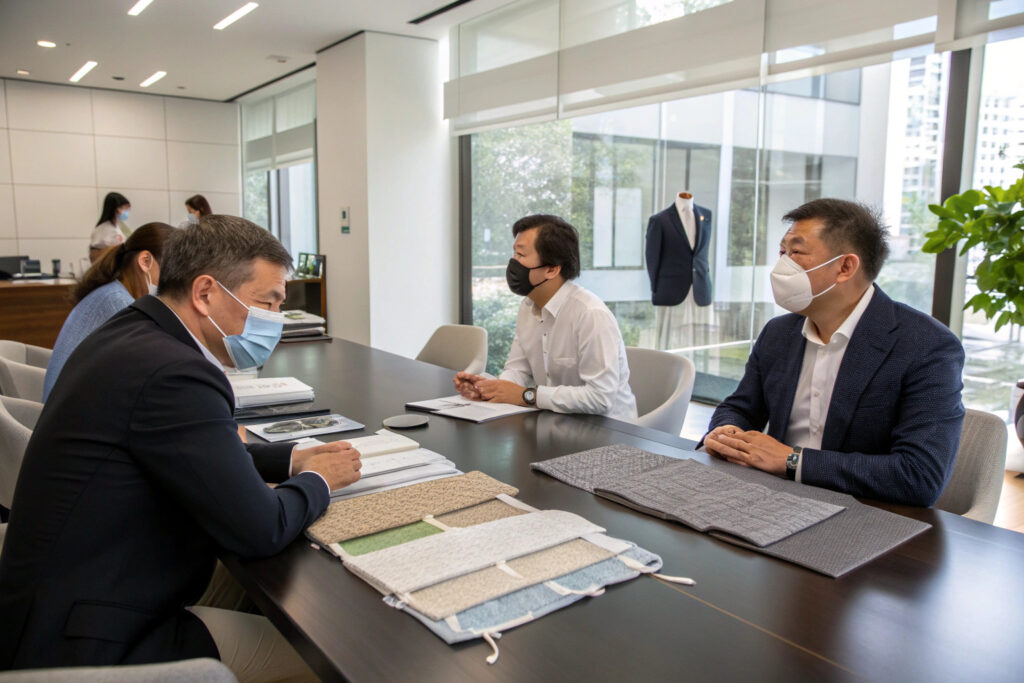
Can Buyers Gain a Competitive Advantage with SDG Suppliers?
Yes. Buyers can market their products as sustainable, which appeals to consumers in markets like the U.S. and Europe. According to McKinsey, sustainability is a decisive factor in consumer purchasing behavior.
By offering masks made from recycled fabrics or renewable-energy factories, buyers differentiate themselves and build stronger customer loyalty.
How Do SDG-Aligned Suppliers Reduce Long-Term Costs?
Sustainable production often lowers long-term costs. Energy-efficient operations cut expenses, recycled materials stabilize supply, and reduced waste decreases overhead.
This aligns with SDG 8 (Decent Work and Economic Growth) and gives buyers predictable pricing and fewer risks in bulk procurement.
Conclusion
A supplier’s focus on UN SDGs reshapes fabric mask production. From sourcing and energy use to safety and logistics, every step becomes more sustainable and transparent. For buyers, this means reliable supply chains, reduced risks, and products that meet consumer demand for eco-conscious choices.
If you are looking to co-create sustainable value with a partner in China, we at Shanghai Fumao are ready to support your custom fabric mask orders. Please reach out to our Business Director Elaine at elaine@fumaoclothing.com to discuss your next project.

